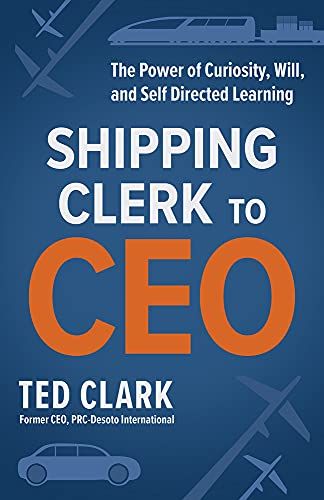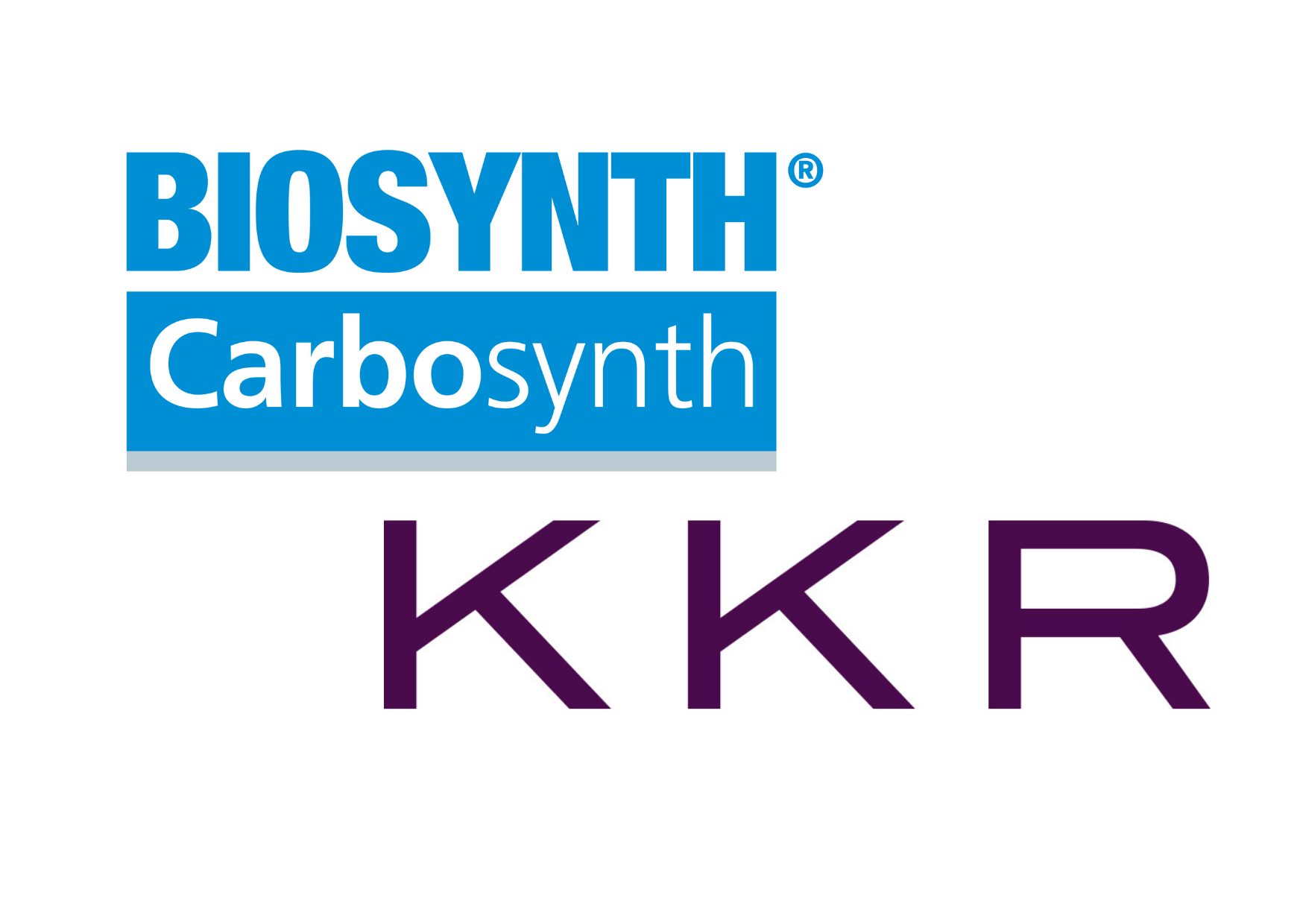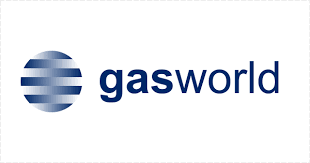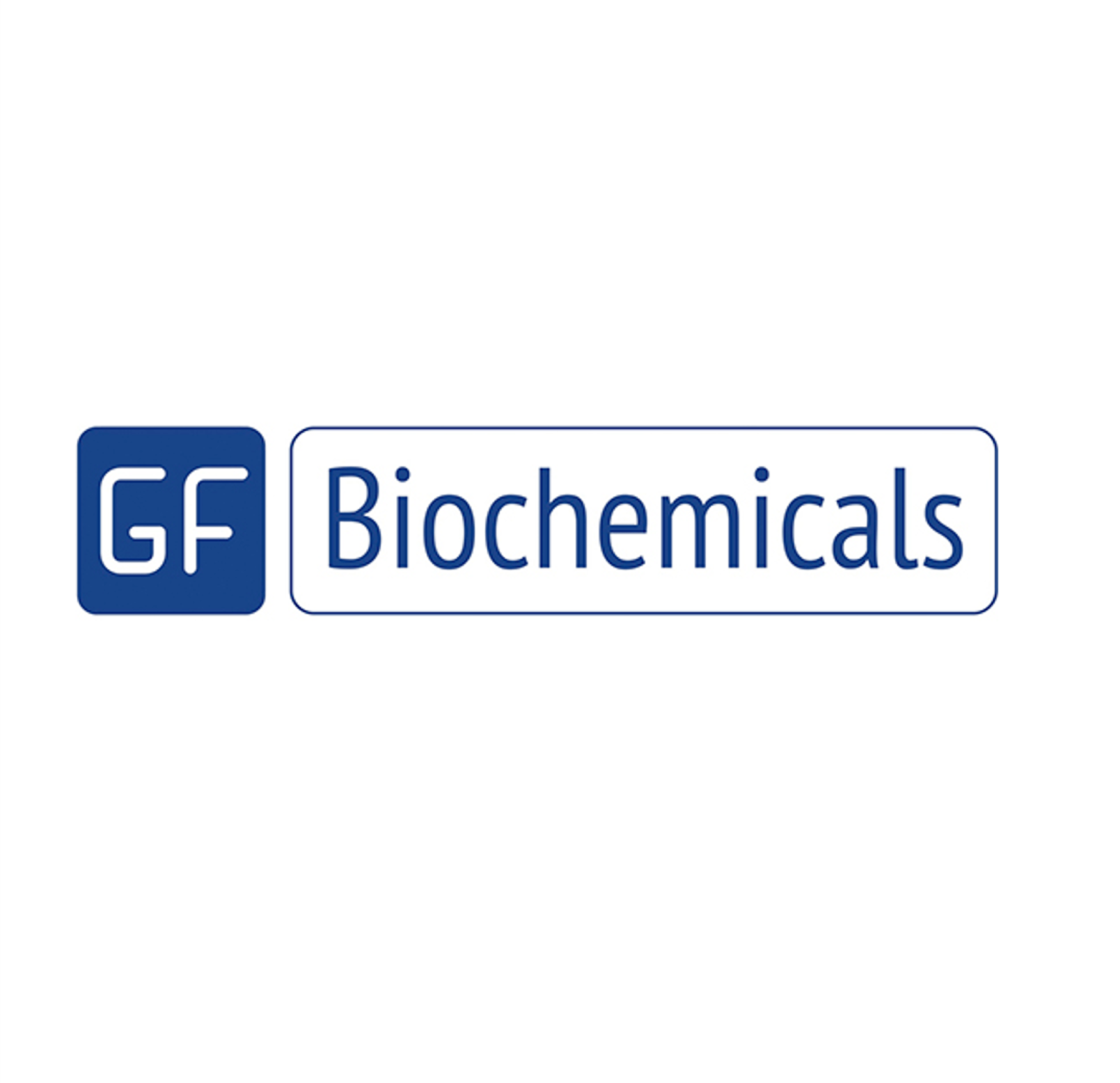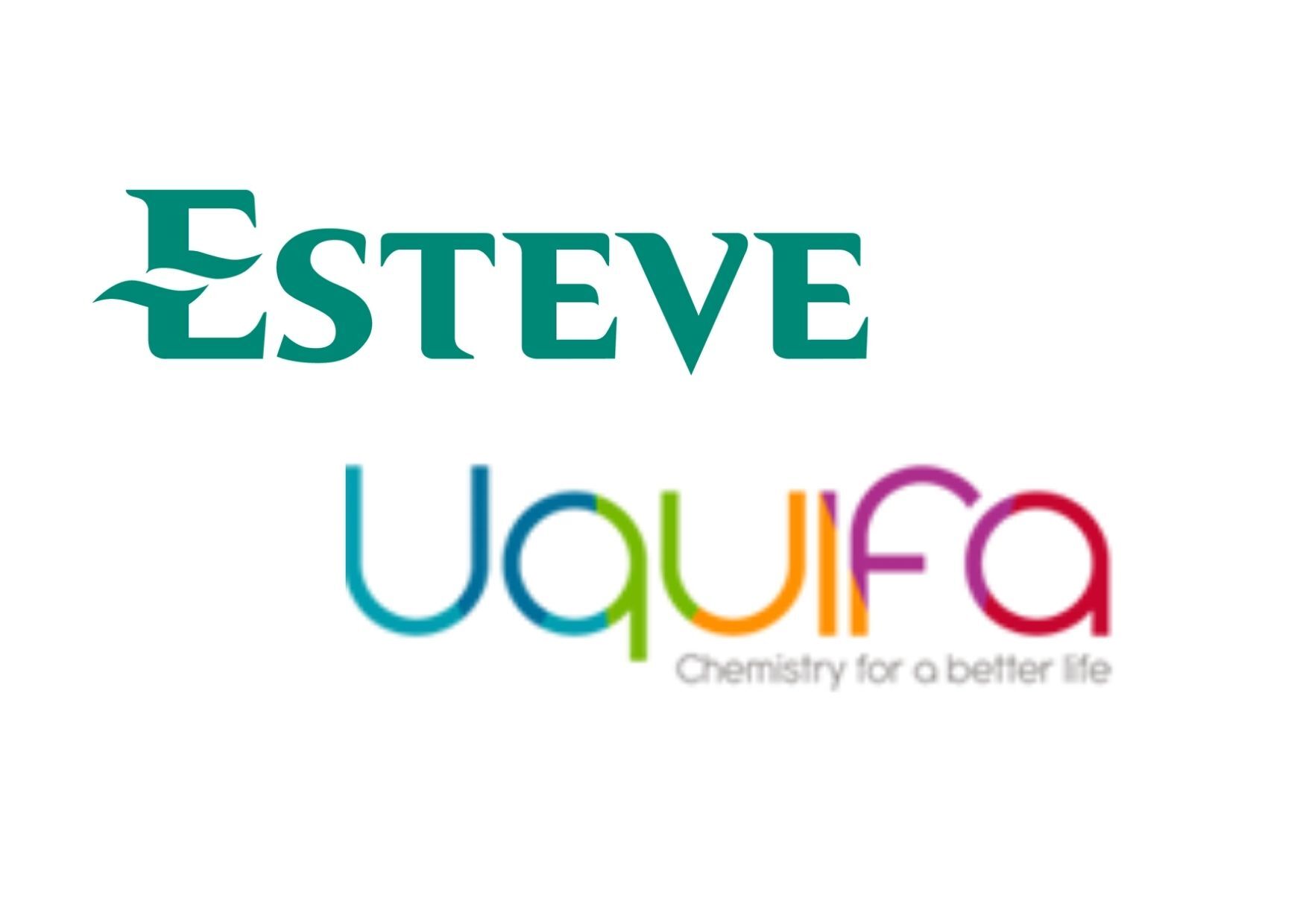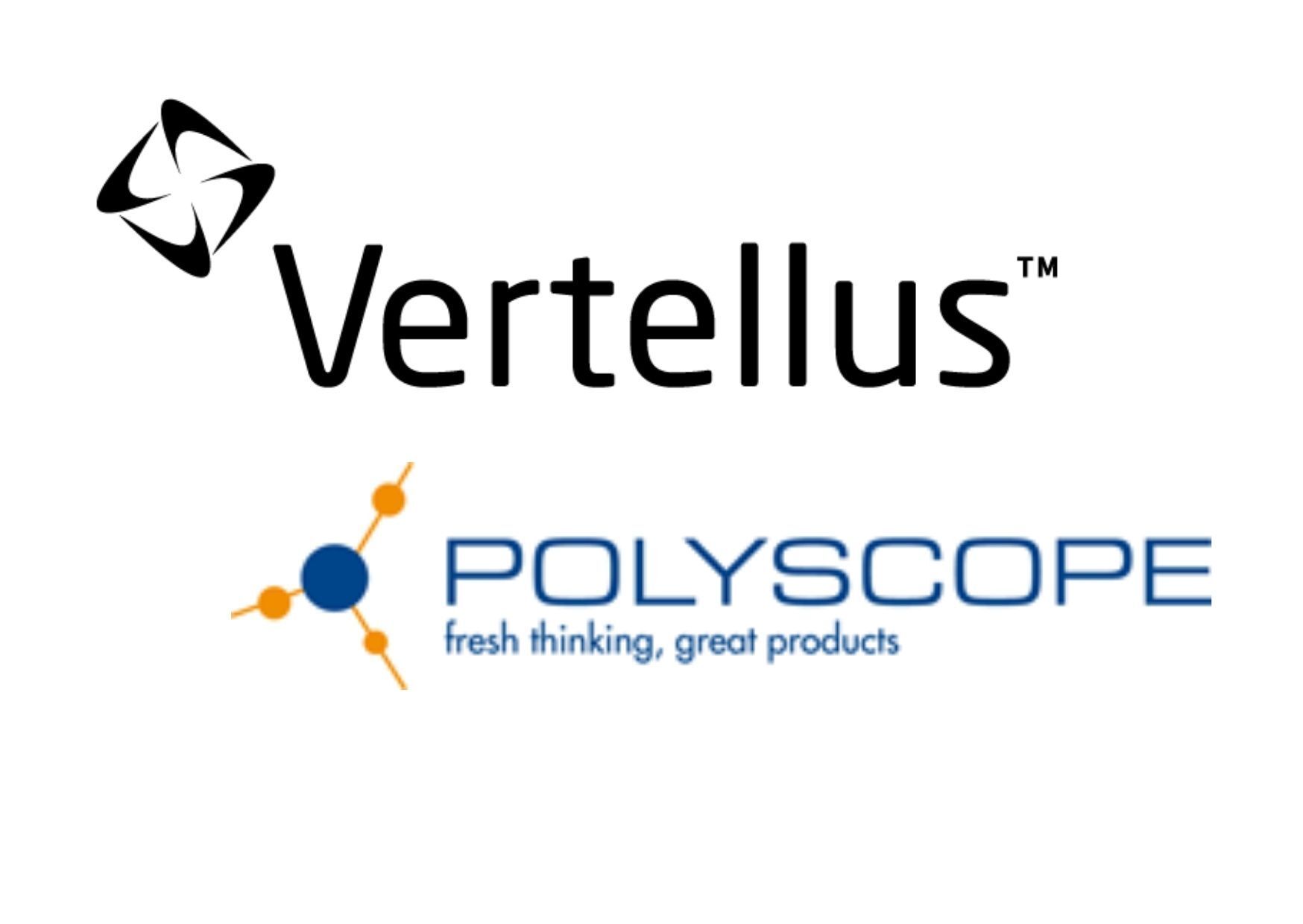Top 3 things to understand before appointing M&A advisors
Most of CCD Partners’ people have led (or are leading) chemicals or life sciences companies and in doing so have at one time or another appointed advisors to help them with M&A or other major corporate development events.
Now that we also work on the other side of the fence, we thought it would be an interesting exercise to collate our thoughts on where we went wrong and what our advice is to anyone thinking about appointing M&A advisors today.
Three common themes emerged…broadly summarised as “How”, “Who”, and “Why”.
1. How – understand how an advisor plans to add value
Every M&A advisor worth their salt will tell you that they add value. For sell-side deals this typically takes the form of promising to increase the sale value of your business. For buy-side deals it is harder to measure, but typically relates to promises to realise synergistic or strategic value for the buyer.
The trap many of us fall into is focusing on the number that is quoted as the “estimated achievable value”. Ultimately this is at best an honest guess based on imperfect information, at worst it is a cynical attempt to promise a high value and win a client – the only value that matters is the one that is achieved on completion.
Far more important than the estimate is how the advisor proposes to maximise the value achieved for you. Anyone can put a high number on a proposal, but not everyone can explain an effective strategy, show how they can execute that strategy, and demonstrate a track record of success doing the same. A number on its own is meaningless.
Useful questions to understand “how” include:
- What types of companies present potential strategic value in a business combination?
- How would you pitch my business to each of these groups to persuade them to engage?
- What are the core pillars/objectives of your strategy to secure strategic premium?
- What are the core workstreams you will lead to achieve these objectives?
- What does this look like in terms of the process you would expect for my business?
- Why are you best suited to run this strategy for us?
- Why do you think you’re better placed than other advisors?
- How much do you charge and what is your average fee to added value ratio?
The overall aim here is to understand how likely the advisor is to maximise the value that might be achieved.
2. Who – understand who on the advisory team will actually do most of the work
The traditional M&A advisory model is to put together an advisory team consisting of a partner, a couple of senior managers, and a number of junior analysts, all spending a reasonably large proportion of their time on the project. However, below a certain deal-size this model begins to break down. The fees are not high enough to support the deep teams that are required for larger projects and partners are forced to delegate a higher proportion of the work to the more junior members of the team.
The trap here is meeting the partner and senior managers during the pitching phase, whereas once the project begins >80% of the work is done by the more junior or mid-range analysts. Partners and senior managers turn up to key meetings, but they are not embedded in the detail as they would be on larger deals. One effectively ends up with some bright, but relatively inexperienced, analysts running the project with some senior support at key moments.
Unfortunately for this approach, smaller businesses tend to be more difficult to analyse, and more difficult to manage because they often haven’t yet been professionalised or had to cope with the demands of institutional investors. So, if anything, more senior input is required, not less. It simply isn’t appropriate to apply an advisory model designed for $1bn businesses to a $100m, $50m, or $10m business.
Useful questions to understand “who” include:
- What deal size do you typically work on?
- How many deals does the partner work on at any one time?
- What is the role of everyone on the deal team?
- Who will lead the deal and who will coordinate financial analysis?
- Can we meet all the key members of the deal team?
- What kind of access will we get to the partner day-to-day?
- Who provides additional senior support as backup to the lead partner?
The overall aim here is to understand who in the team will be doing the key work so that you can assess their competence and whether you can work with them day-to-day, potentially for a year or more.
3. Why – understand the motivations and incentives of the individual advisors
You’ve established the advisors have a great strategy and track record, you rate and can work with the individuals that will be doing the day-to-day work, but how do you know the advisory team is truly and completely on your side and giving it their all?
Again, this is a real issue many of our team have seen in practice, there are stories galore of less-than-honourable or conflicted advice and examples of large advisory firms taking on small clients who are later neglected in favour of larger more prestigious projects. I will not share specific examples in print but please feel free to call and ask…
To mitigate the risk of receiving bad advice or a sub-standard service, one should 1) try to ensure one’s advisors are properly incentivised to achieve your objectives, 2) that the potential rewards are significant to them (i.e. your project is in their size “sweet spot” they are not likely to suddenly pick up a project that is 4 times as big), and 3) that they focus on projects like yours (i.e. your project isn’t an occasional “side project” for them and their main or preferred source of income is something else like working for repeat private equity or audit clients).
Useful questions to understand “why” include:
- How are your firm’s fees structured so if we win, your firm wins?
- How are you personally remunerated? What targets do you have to meet in order to achieve a bonus and/or promotion?
- How are you personally rewarded if our objectives are, or are not, achieved?
- What are your and your firm’s typical fee size/project size?
- What are the smallest and largest deals you’ve worked on personally and your firm has worked on more generally?
- Do you typically work for clients with our profile? Does your firm?
- Do you have any repeat clients that are important to you? Does your firm?
The overall aim here is to understand what motivates the individuals working for you. You should gather enough information so you can assess whether or not they are properly incentivised to achieve the best possible result for you.
By bringing together the three strands of “How”, “Who”, and “Why”, you can move past a would-be advisor’s ‘elevator pitch’ to gain a strong understanding of the team that will be supporting your initiative, their strategy for success, and their alignment with your motivations in delivering an exceptional outcome.
Receive M&A news relevant to your business
At critical moments our clients engage us to provide pre-publicity "off-market" intelligence to give them the edge over the competition - we also provide up-to-the-minute public or "on-market" intelligence for free
Contact Us
RECENT POSTS
